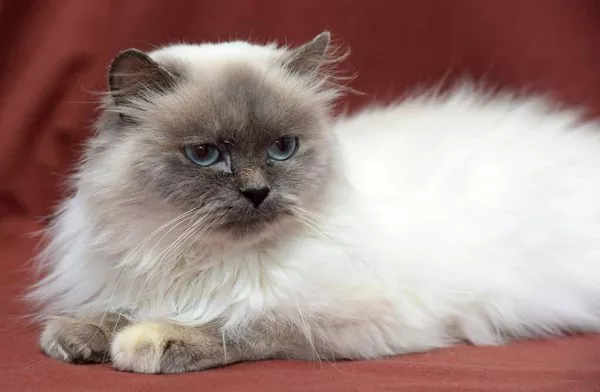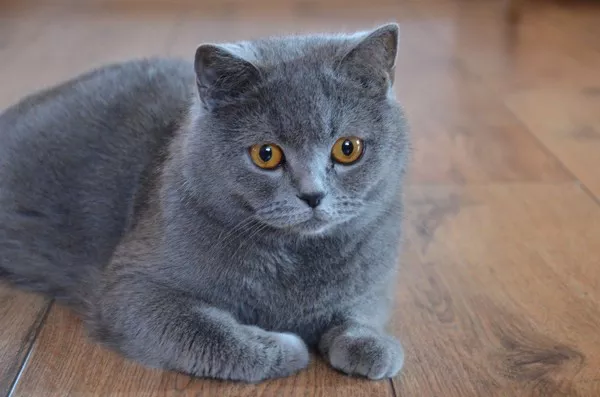The Animal Protection League of Western Pennsylvania (APL) is seeking financial support to continue its mission of controlling the stray and feral cat population through the Trap-Neuter-Return (TNR) program. The organization, formed in early 2020, has been actively involved in TNR initiatives, but the ongoing need for these programs has left the APL in need of funds.
The TNR program aims to manage community cats by trapping stray and feral cats, spaying or neutering them, and then returning them to their colonies. This approach prevents new and unaltered cats from simply taking their place.
Jill Holt, a veterinary technician with 32 years of experience, emphasized the importance of addressing stray and feral cat populations. She has personally taken action to get cats fixed through Tails of Hope Inc. in Hermitage and the Steel Valley Spay and Neuter Clinic in Girard, Ohio.
The APL has played a crucial role in addressing the issue of uncontrolled cat populations in the Far North, but the organization faces funding challenges. In the past, the Glenn and Jean Harnett Private Charitable Foundation has provided grants to support TNR efforts, contributing thousands of dollars to the cause. However, these funds alone cannot cover all of APL’s expenses, which extend beyond the TNR program.
The APL collaborates with various veterinary clinics and animal organizations, including Tails of Hope, Steel Valley, Angels for Animals in Canfield, Ohio, and Fette Veterinary Clinic in Hermitage. Despite these partnerships, the costs associated with spaying and neutering a high volume of cats continue to accumulate.
The availability of grants from the Harnett foundation has become increasingly uncertain, with stiff competition from numerous other applicants. The APL previously ran a voucher program, allowing clients to purchase a $25 voucher for cat spaying or neutering, with the APL covering the remaining cost. This program helped make the procedures more affordable for clients but had to be discontinued due to a lack of funding.
APL President Stacey Squatrito emphasized the complexity of the issue, stating, “Sometimes people move out and they leave their cats behind, other times people might keep feeding a stray cat, and eventually, it gets pregnant. There’s a lot of things that contribute to this issue.”
The APL’s records indicate that colonies of stray and feral cats have been serviced throughout Mercer County, including areas like Carolyn Street, Leslie Street, Taylor Avenue, and Pitt Street in Sharon, where multiple cats were trapped and neutered or spayed.
The issue of stray and feral cats is not limited to residential areas, as farms like Scott Irwin’s in Delaware Township have also been affected. Irwin, who has approximately 30 cats on his property, sought the APL’s assistance through the TNR program to control the population. Since then, he has not observed new kittens being born on his property and expressed gratitude for the APL’s efforts.
As the APL continues its mission to manage the stray and feral cat population, the organization relies on the support of the community, grants, and donations to make a meaningful impact in controlling this issue.



























